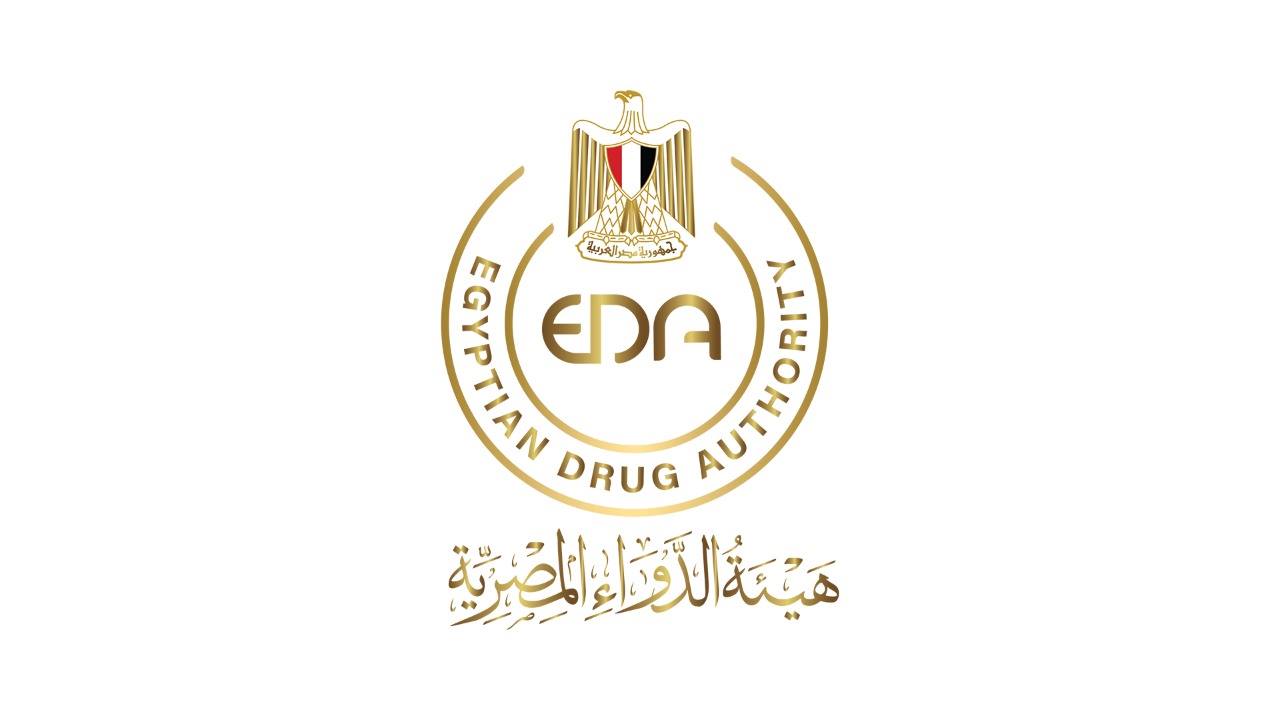Egypt has unveiled a comprehensive national strategy to localize vaccine production, reduce dependence on imports, and strengthen its position as a leading regional exporter of vaccines. The initiative is designed to enhance the country’s healthcare sector, bolster economic growth, and expand its export footprint across African markets, according to an official statement.
Strategic Goals Aligned with Vision 2030
The strategy aligns with Egypt Vision 2030 and focuses on collaboration between public and private stakeholders under the guidance of the Ministry of Health, the Unified Procurement Authority (UPA), and the Egyptian Drug Authority (EDA).
Speaking at a high-level meeting attended by representatives from global pharmaceutical companies based in India, China, France, Denmark, and the United States, Health Minister Khaled Abdel Ghaffar highlighted the strategy’s multi-phase approach.
“This initiative reflects Egypt’s commitment to advancing healthcare, fostering economic development, and establishing itself as a regional vaccine production hub,” Abdel Ghaffar said.
Phased Implementation Plan
The strategy will be implemented through a phased approach, emphasizing collaboration, capacity building, and export growth:
- Short-Term (by 2030):
- Localize 50% of vaccine production.
- Transfer technology through strategic agreements.
- Secure World Health Organization (WHO) approval for four vaccines.
- Medium-Term (by 2035):
- Increase local vaccine production to 75%.
- Establish research partnerships to secure approvals for additional vaccines.
- Long-Term (by 2040):
- Achieve complete self-sufficiency in vaccine production.
- Transform Egypt into a regional hub, increasing exports by 50% and entering new markets.
Key Measures to Drive Localization
The strategy includes several measures to foster vaccine production and ensure its sustainability:
- Economic Incentives: Offering tax exemptions and securing long-term contracts to attract investment.
- Collaboration Frameworks: Establishing the Egyptian Vaccine Manufacturers Alliance (EVMA) to coordinate efforts and prevent market competition among local manufacturers.
- Capacity Building: Developing the workforce and creating job opportunities within the vaccine industry.
Economic and Social Benefits
The initiative is expected to generate significant economic and social benefits. By maximizing government procurement contracts and providing support to local companies, Egypt aims to boost its industrial capacity, enhance export competitiveness, and create sustainable job opportunities.
Monitoring Progress
To ensure successful implementation, the government will conduct regular progress evaluations, including field visits and economic impact assessments. These monitoring efforts will help measure the program’s contribution to Egypt’s healthcare and economic objectives.
Positioning Egypt as a Global Player
With a long-term vision of achieving self-sufficiency and becoming a regional vaccine production leader, Egypt is setting the stage for significant advancements in global health security. By prioritizing local production and fostering international partnerships, the country is poised to become a key player in the global vaccine supply chain.




